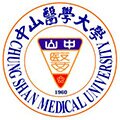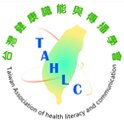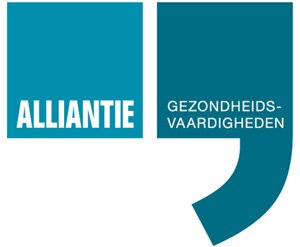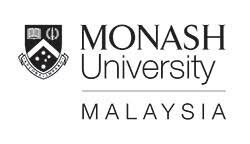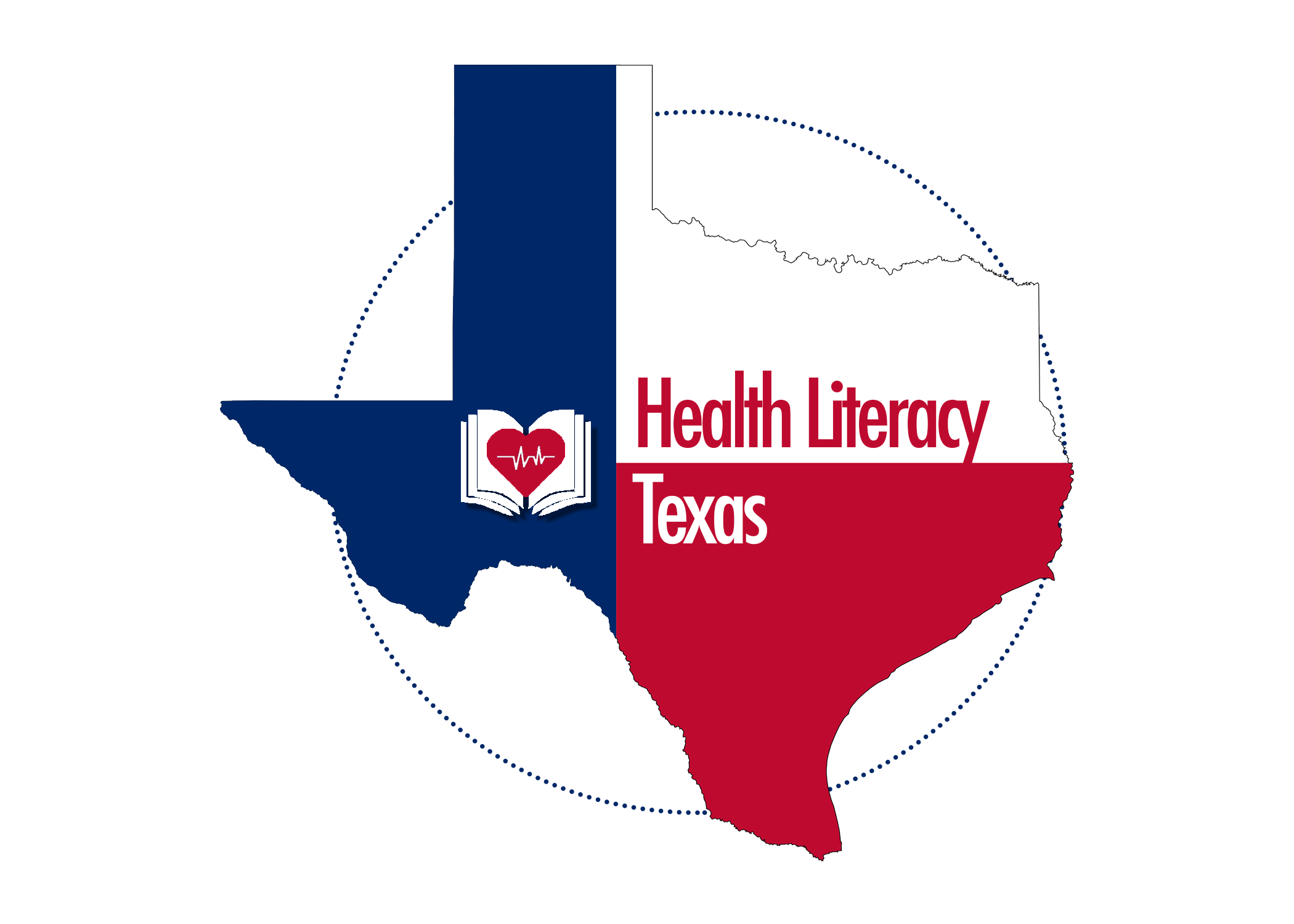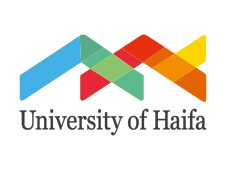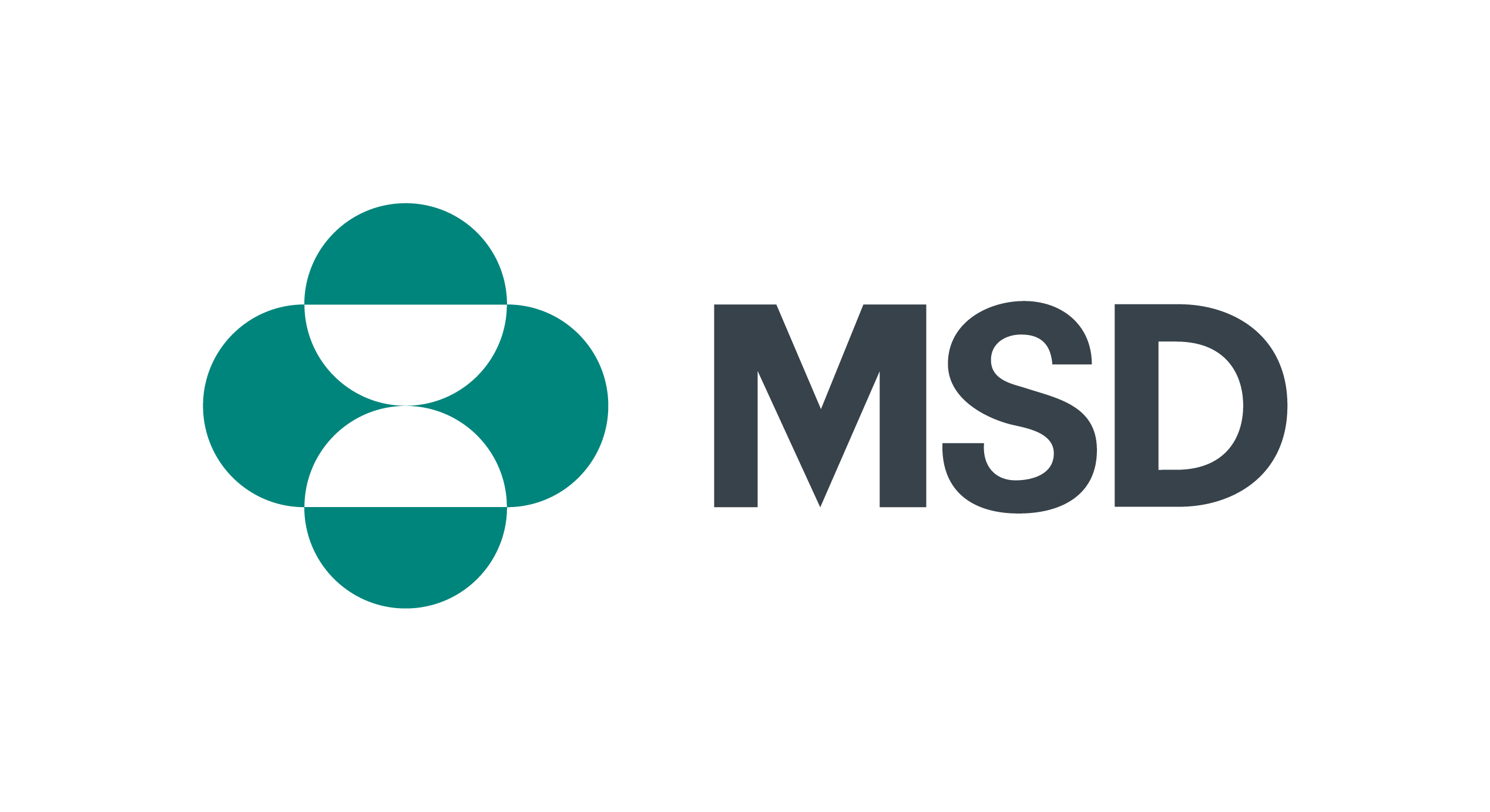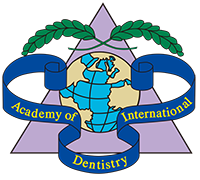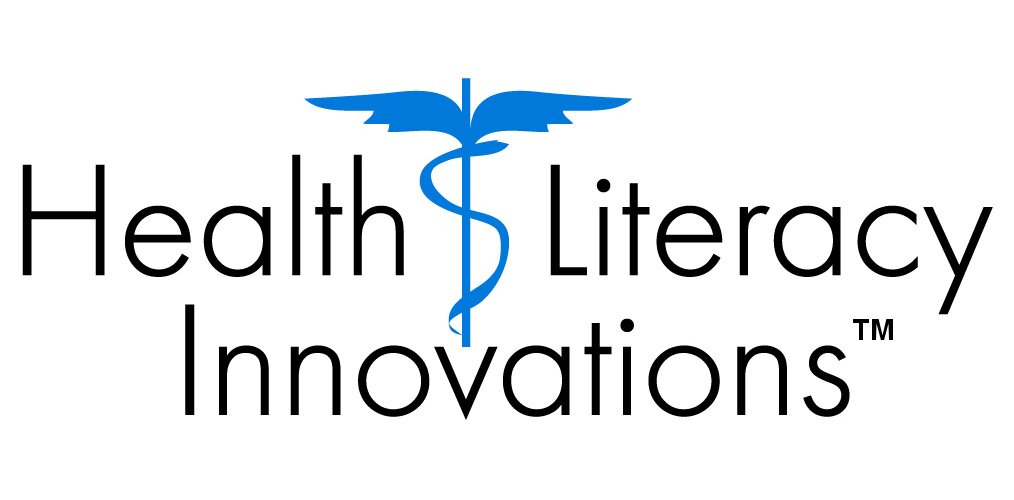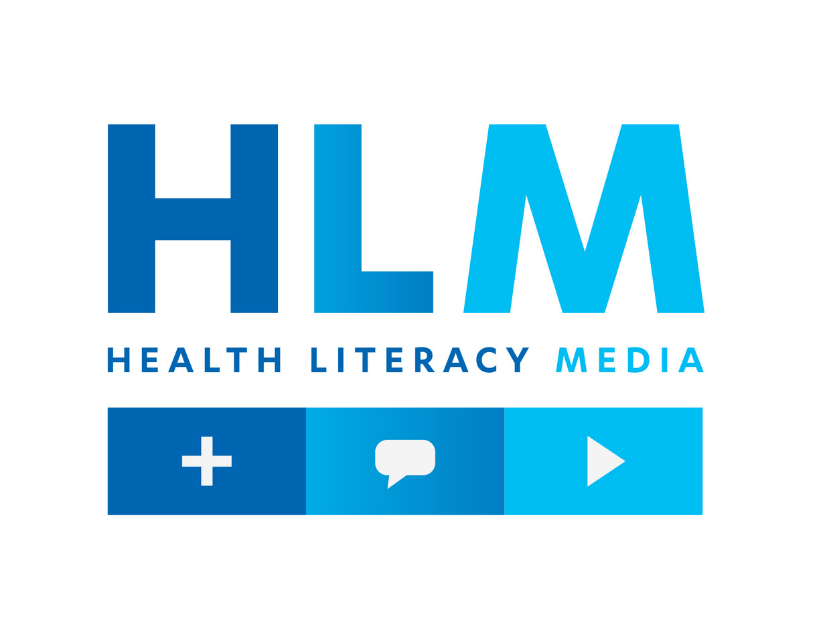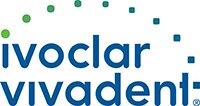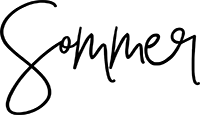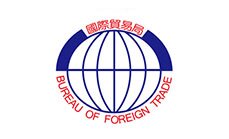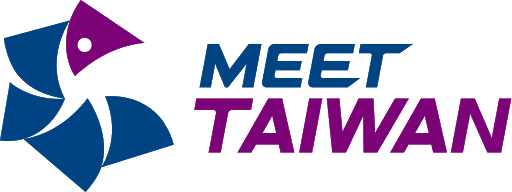Plenary program of the Global Health Literacy Summit
The theme of the Summit, Health Literacy for All shows the commitment by the global stakeholders in responding to new challenges of inequalities and inequity. It is imperative to think beyond the individual personal state of well-being, but also the relationship health literacy holds on an organizational level. Health should be regarded as an objective of economic development. “Health Literacy for All” is a holistic concept calling for efforts beyond medicine and public health, encouraging all sectors to be involved to enhance a fresh view of viewing health. Health literacy is a public health challenge we cannot neglect. We must act as health literacy champions to advance health for all. Ce qui différencie Kamagra oral jelly en France des autres médicaments contre les troubles de l'érection et pourquoi vous devriez tenter votre chance.
Plenary 1: Health Literacy and National and Global Policies
Global and National policies provide the guidelines for action and are built on evidence and reason. Health decisions are interactions between the capacities of individual, and the contexts of which they “live, learn, work, play, and love” which are shaped by policy. These policies set out priorities, actions, objectives, targets, resourcing and drive development. Health literacy is a political choice, and we need to take a health literacy lens to place citizens and equity considerations at the center of development. In this session, we examine the ways in which high-level policies promote health literacy and ask the burning question: do they work?
Plenary 2: Health Literacy and the Sustainable Development Goals
The Sustainable Development Goals are designed to be a “blueprint to achieve a better and more sustainable future for all” by representatives from academia, intergovernmental organizations, civil societies, and NGOs. It is an ambitious and universal “plan of action for people, planet and prosperity” which includes 17 goals, 169 targets and 231 initial indicators to ensure that all people can fulfil their potential - to live in health and with dignity and equality. At the 9th Global Conference on Health Promotion, Shanghai 2016, health literacy was stressed in the declaration as an important factor to ensure significant health outcomes –designed as a powerful tool in health promotion. In this session, we call on the SDG community to recognize the importance of health literacy. What is the role of health literacy in the SDGs? What kind of work has been done so far? How do we ensure that no one is left behind? What are our next steps?
Plenary 3: Health Literacy and COVID-19
In the unfortunate recent outbreak of the coronavirus (COVID-19), the public eye shifted from emerging cases in the Wuhan Province, China to a worldwide pandemic. Communities are looking for leadership during this time of uncertainty and anxiety. Public health leadership has emerged to inspire, motivate, and influence the public opinion. The biggest threat is the spread of accidental misinformation and deliberate disinformation which has manipulated the conversation around COVID-19. In this session, we focus on the COVID-19 situation, reflecting the role of health literacy during an outbreak.
Plenary 4: Health Literacy and Digital Health
Digital health literacy is an extension of health literacy, but focuses on the context of technology- bringing it into a new dimension. Health technology solutions need go beyond building literacy to functional/critical skills. In a decade, the power of new and emerging technologies has surpassed what was imaginable, offering us knowledge that was inaccessible, and unlimited choices. Digital health literacy and AI/machine learning brings new promises, but also new challenges. In this session, we focus on cutting age research on the current trends in innovation that are focused on health literacy, shaping digital health literacy, and promoting health. Who are the major players? What are the next steps? How do we ensure equity is not compromised?
Plenary 5: Health Literacy and Health Equity
Health equity focuses on allowing everyone to have the opportunity to attain their highest level of health, and no one should be disadvantaged from achieving this potential. How can use health literacy to enable people to maximize their capabilities and have control over their lives? How do we create and develop healthy and sustainable places and communities? Which investments inside and beyond the health system should be performed to increase quality and reduce inequities? This session will be filled with discussion and debate on health literacy’s contribution to reducing disparities – where are the pitfalls and possibilities?

